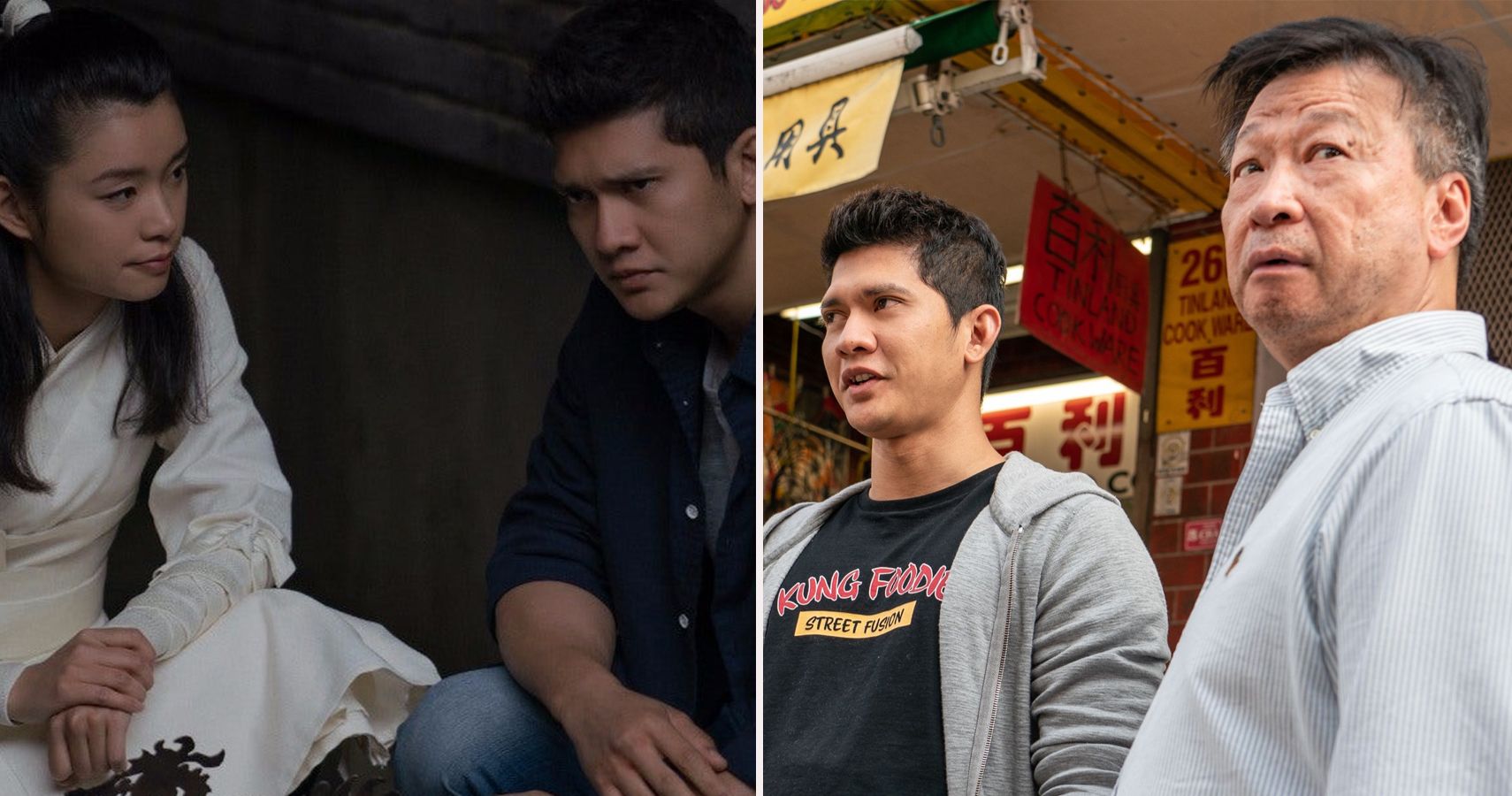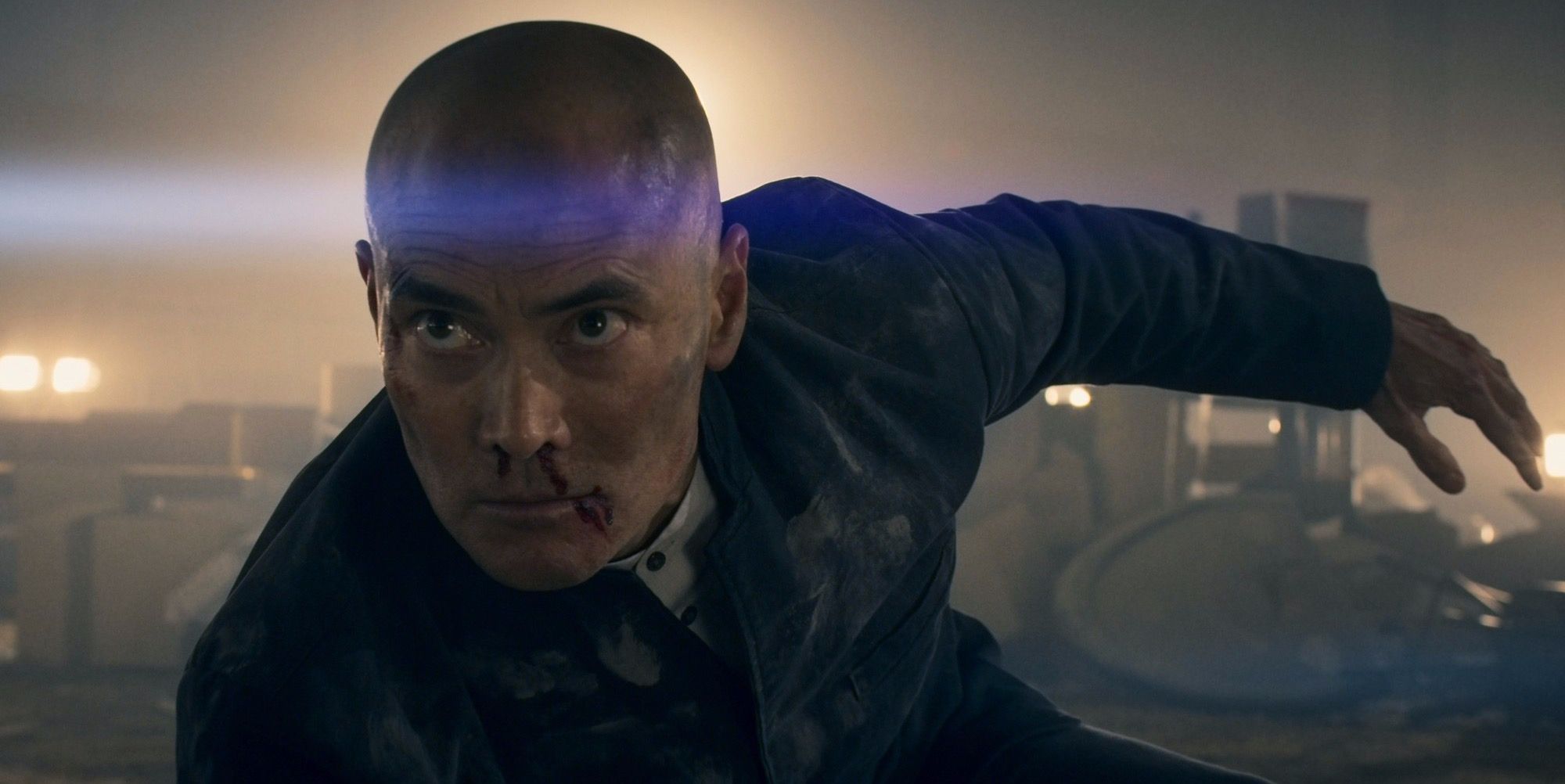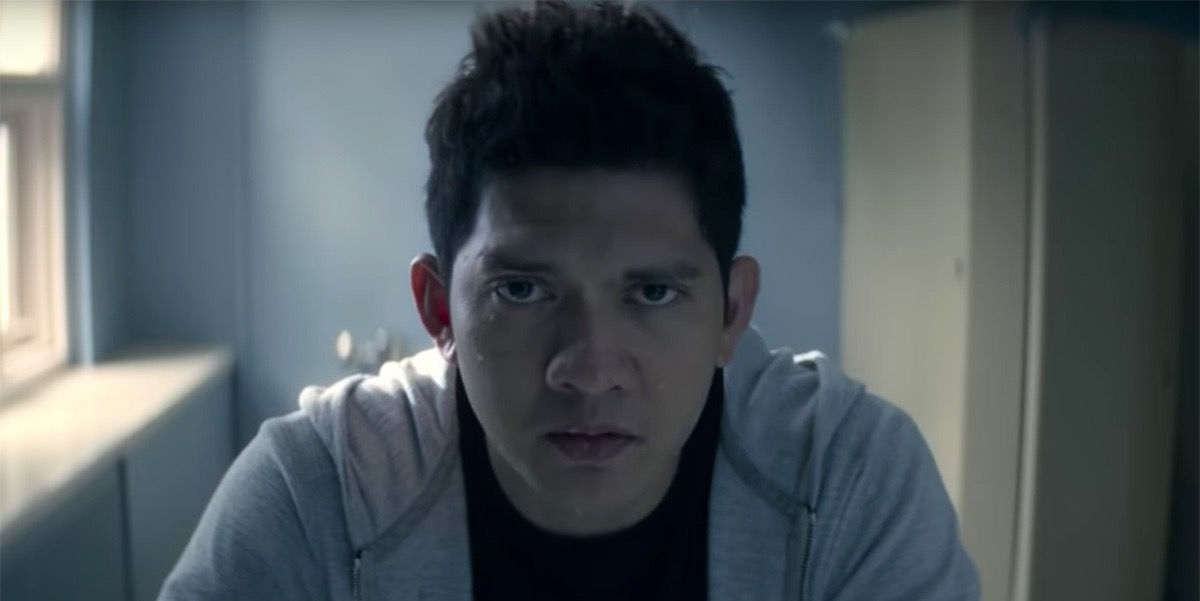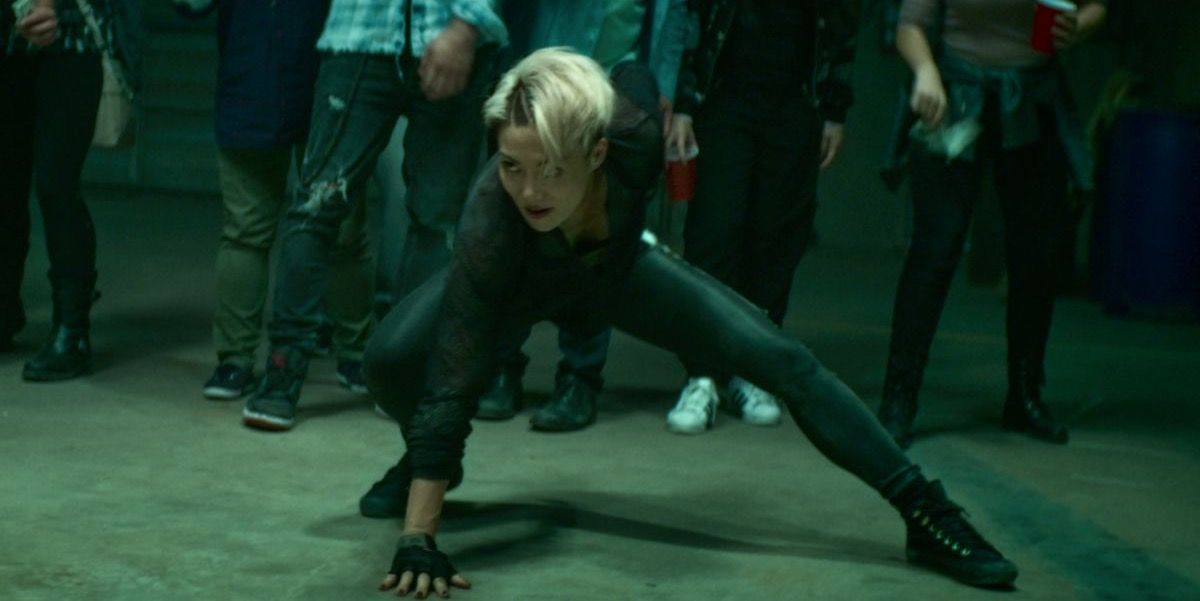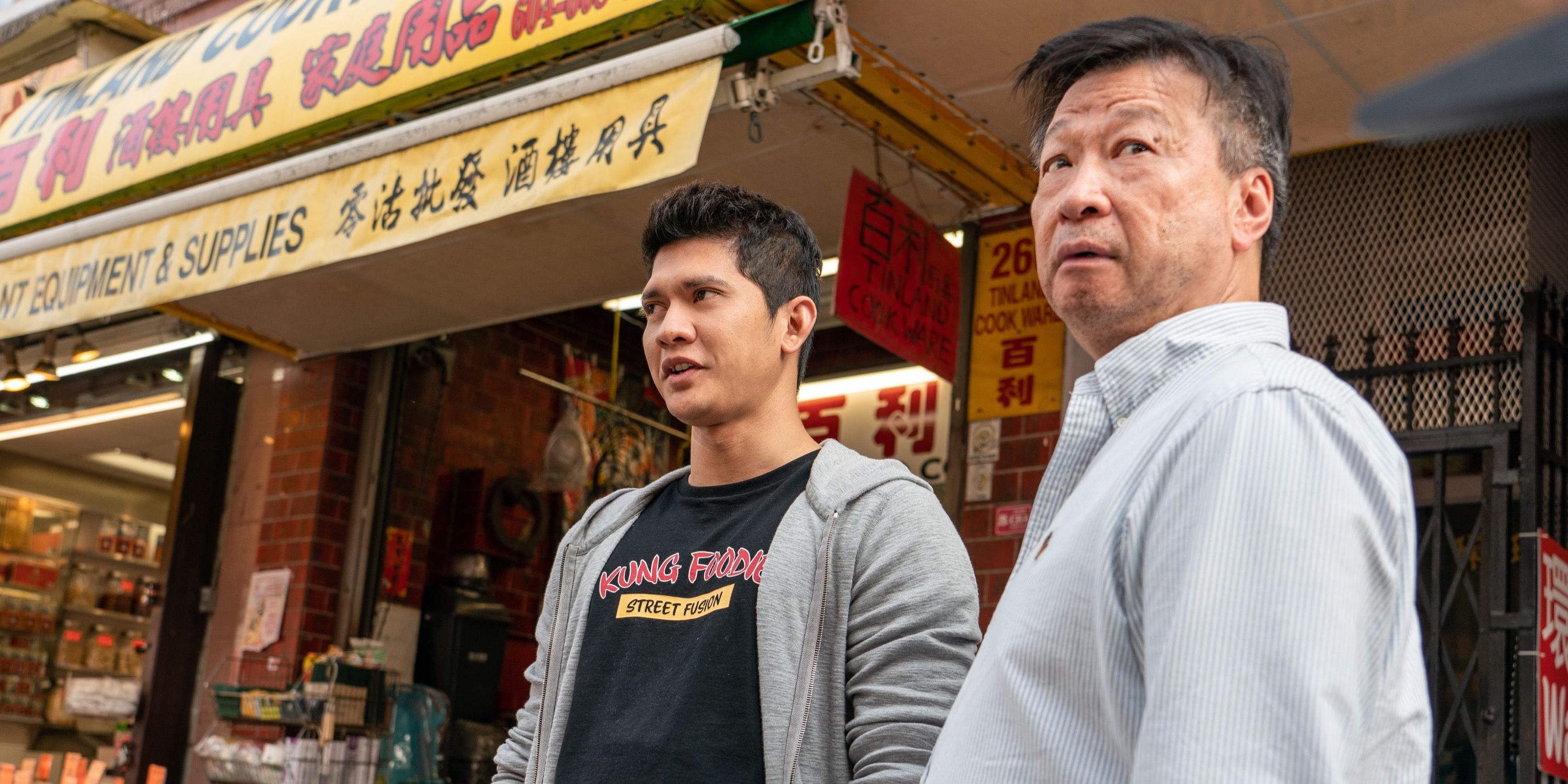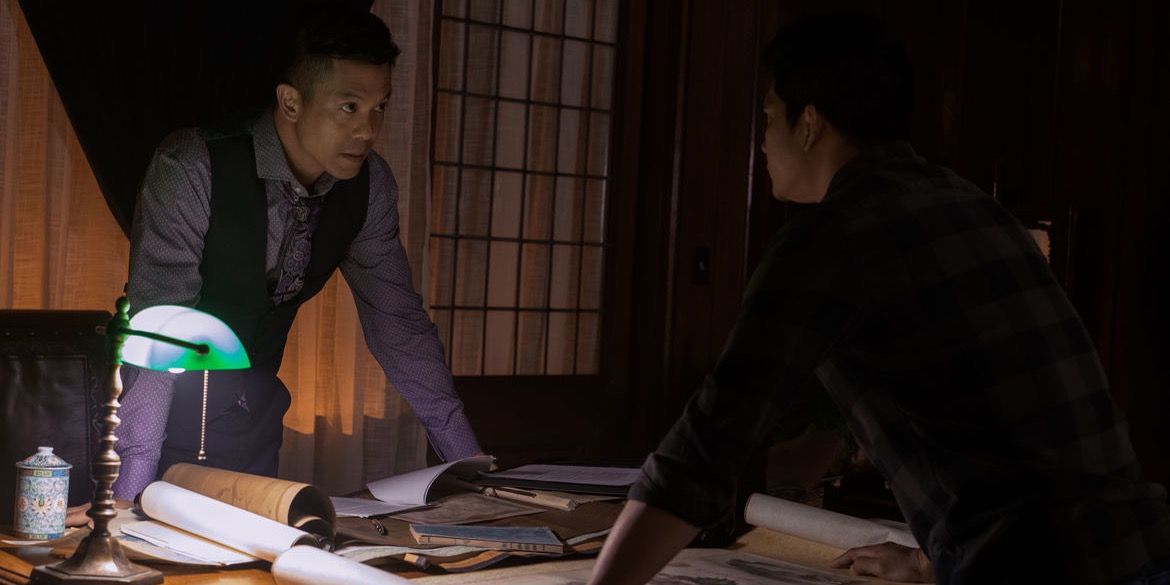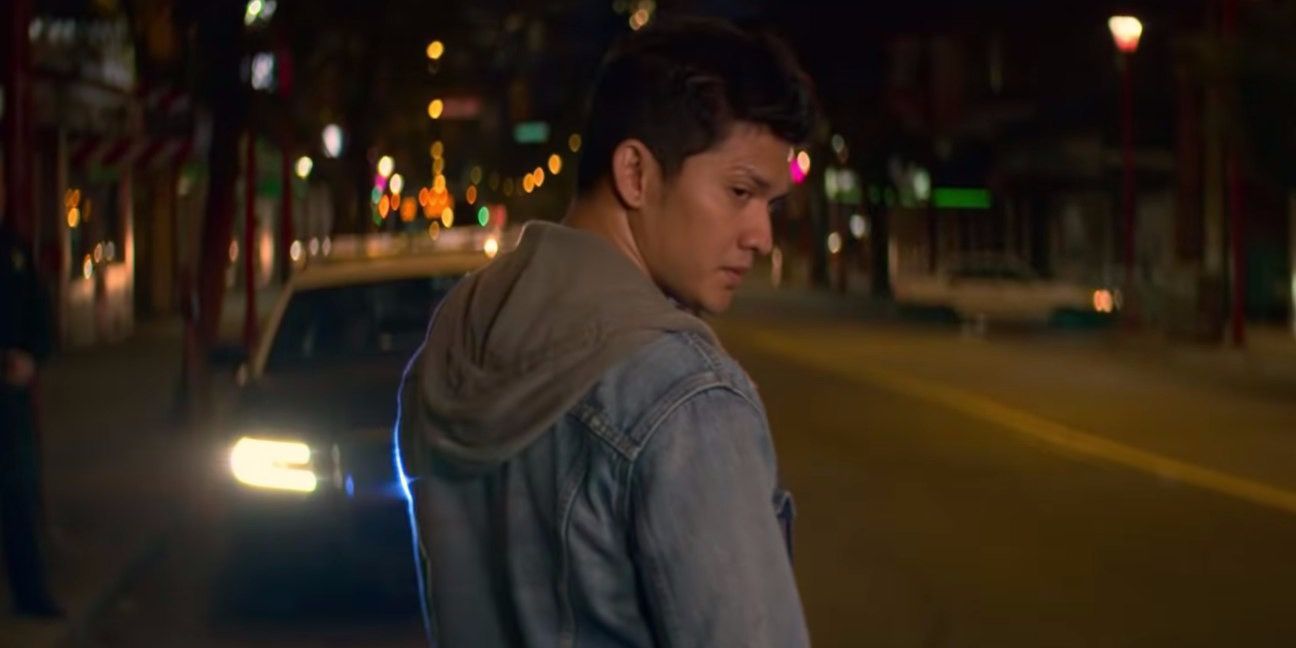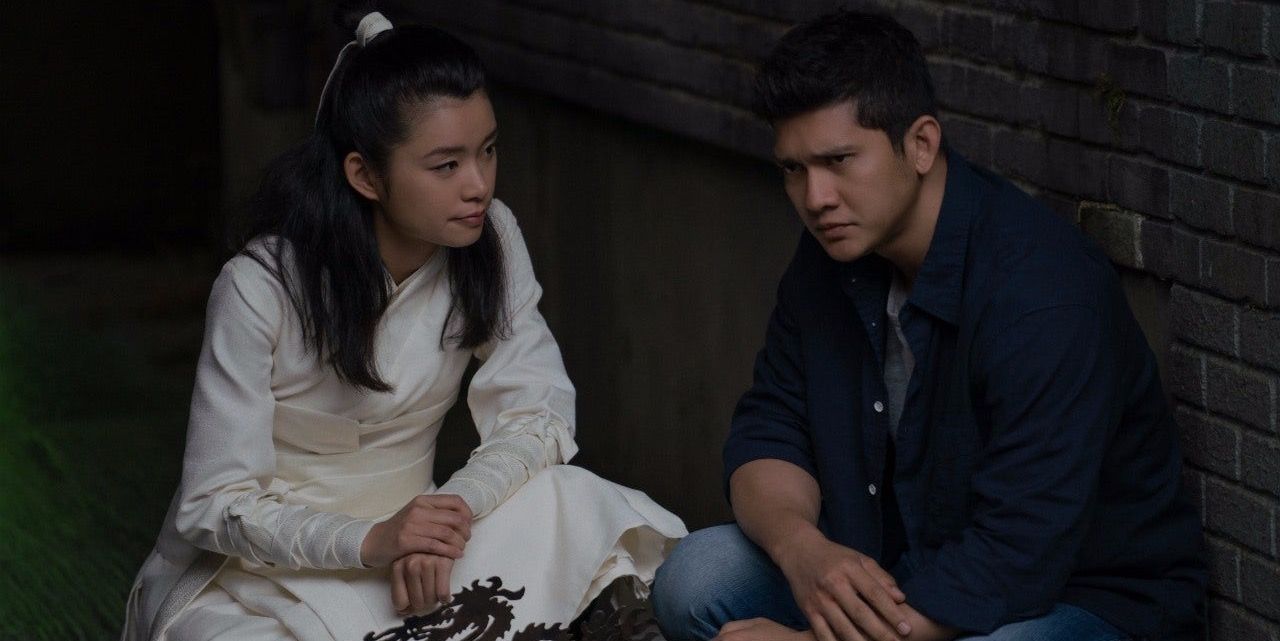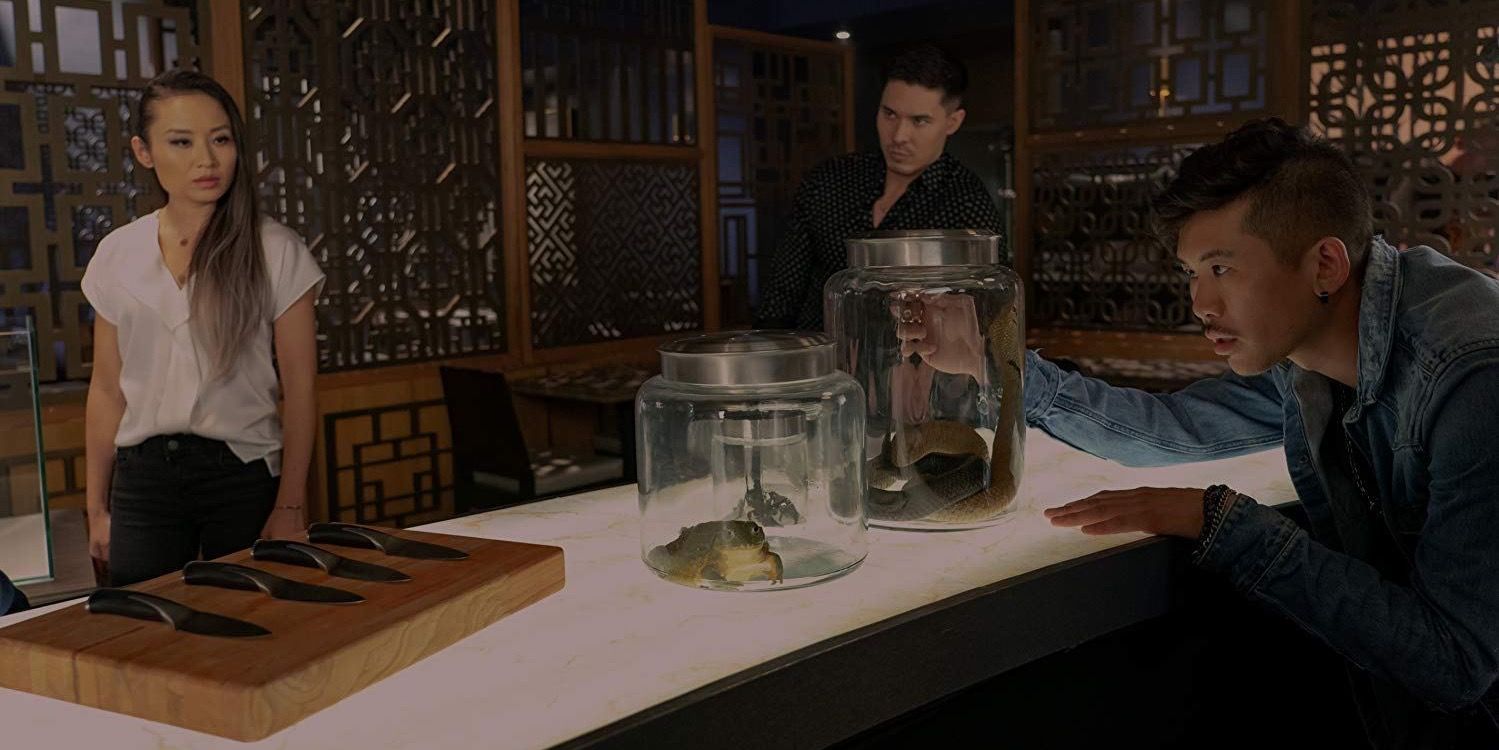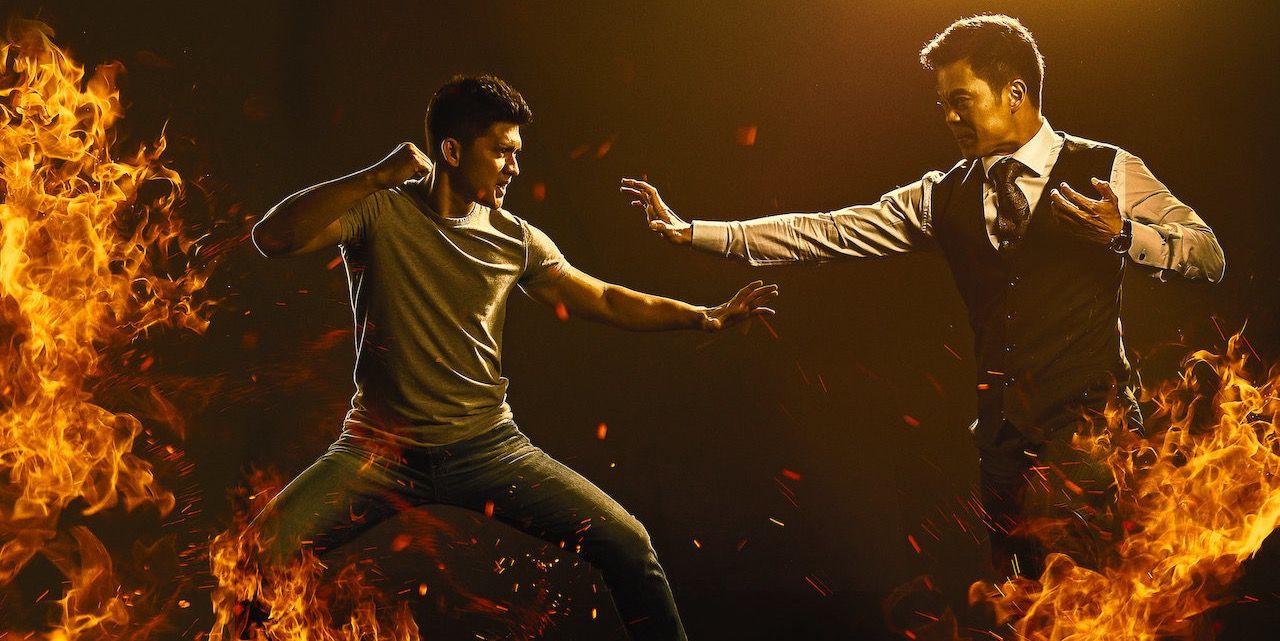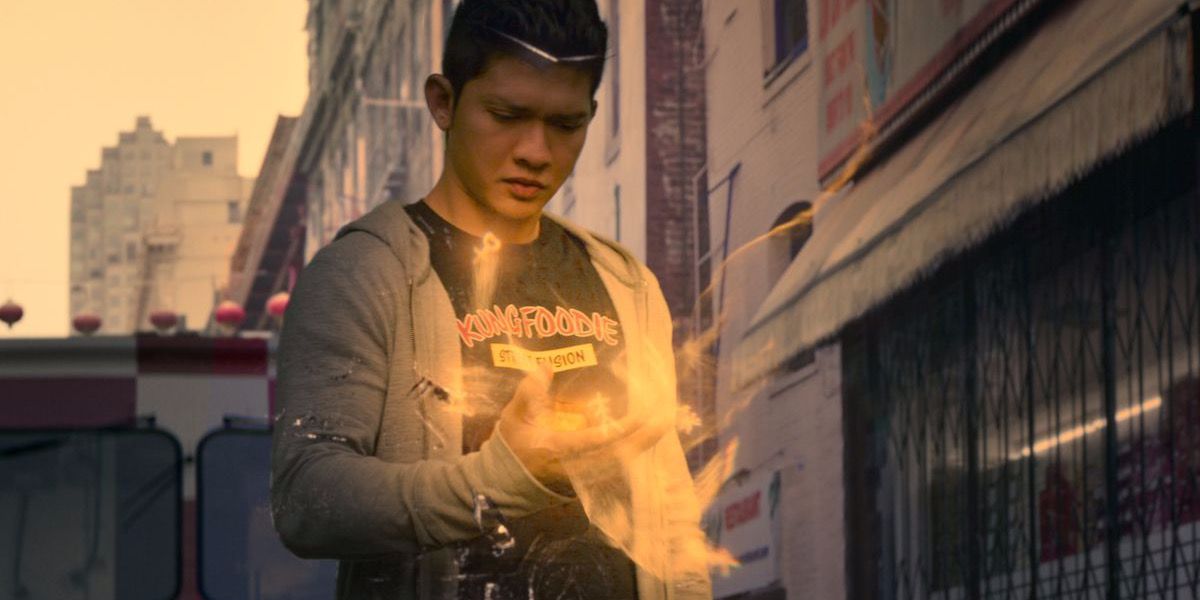Whether it gets a second season or not, Wu Assassins made waves when it premiered on Netflix. It’s not only one of the few television series out there that has a primarily Asian cast, but also it proclaims to be a love-letter to martial arts movies.
RELATED: 10 Most Epic Martial Arts Movie Fights
This is apparent in the casting and in the plot, which revolves around a young chef living in San Francisco’s Chinatown who gets tasked to eliminate five individuals with elemental powers that could be dangerous in the wrong hands. Some other subtler elements are present too, which only martial arts fans might’ve noticed.
The Monk Is Played By Mark Dacascos
As the last of the titular Wu Assassins, the show’s main protagonist Kai Jin is imbued with the martial arts skills of one thousand monks that he could take on the appearances of in order to hide his identity from the Wu Lords he’s tasked to kill. Though there was one nameless monk that Kai disguised himself as for a majority of the show, who was played by Mark Dacascos.
Largely known for being on Iron Chef America, Dacascos is a “World-renowned Martial Artist” according to IMDb, having won first place in several championships during the 1980s. For this reason, he’s appeared on the Chinese documentary series The Legend of Bruce Lee and as the lead character of the 90s martial arts film Only the Strong, which showcased the rarely seen Afro-Brazilian fighting style Capoeira.
Kai’s Actor Was The Lead Character Of Merantau
Like Dacascos, Kai’s actor Iko Uwais is not only a practicing martial artist but has also appeared in his share of martial arts movies. For instance, the very first movie Uwais starred in was Merantau, made by Welsh director Gareth Huw Evans who went on to direct The Raid movies which Uwais played the lead role in as well.
A martial arts film set in Indonesia, where Uwais was originally born, the title relates to a traditional rite-of-passage that Uwais’ character partakes in. Merantau is also known for showcasing the Indonesian fighting style Silat, which Uwais learned himself starting at age 10.
Zan’s Actress Was In Crouching Tiger, Hidden Dragon: Sword of Destiny
One of the most influential and critically acclaimed martial arts movies of all time arguably has to be Crouching Tiger, Hidden Dragon. A tragic tale revolving around a special sword that certain individuals wanted for their own reasons, it made people take martial arts films seriously as opposed to just being fun action movies.
So naturally, this legacy weighed heavily on its sequel Crouching Tiger, Hidden Dragon: Sword of Destiny. While some actors from the original film returned, such as Michelle Yeoh, there were plenty of relatively new ones. These included JuJu Chan who played a supporting character called Silver Dart Shi, though Chan went on to have a more prominent role in Netflix’s Wu Assassins as the minor villain Zan Hui.
Mr. Young Makes References To Confucius
Aside from the action scenes and mystical elements, Wu Assassins also has references to philosophies that are related to martial arts. For instance, one of the show’s supporting characters known as Mr. Young (played by Tzi Ma) made references to Confucius in his conversations with Kai.
Considered to be one of the most well-known philosophers in China, Confucius’ teachings affected many aspects of Asian society in general including the practice of martial arts. Some of these elements include respecting the instructors, sincerity, and finding one’s center in order to achieve the best balance for practicing different fighting techniques.
Uncle Six Quotes The Art of War Book
In the second episode of Wu Assassins, Kai’s adopted father Uncle Six (who’s also one of the main villains of the series) is seen quoting from a book that he’s reading when Kai visits him. But what’s interesting about this quote is that it’s from Sun Tzu’s The Art of War.
Another famous Chinese philosopher, Sun Tzu revolutionized the principles behind military combat. Though some have argued his ideas can apply to martial arts as well. Particularly the notion of deceiving the enemy in order to gain an advantage over them and maintaining one’s own strength without exerting it too much for a quick victory as opposed to a prolonged engagement.
Kai Walks Past A Bruce Lee Mural
Revered as one of the greatest martial artists who ever lived, Bruce Lee was not only famous for appearing in several well-known martial arts films but also teaching his own fighting style known as Jun Fan Gung Fu. Even today, he’s considered iconic to the point where controversial portrayals of him are heavily criticized as was the case with Once Upon a Time in Hollywood which came out this year.
There’s even a painted mural of him in San Francisco’s Chinatown, which ties into the fact that Lee was born in San Francisco. This same mural is briefly seen in the background of a shot where Kai is walking through Chinatown at night in the first episode of Wu Assassins.
The Show Has Parallels To The Five Venoms Movie
On the whole, Wu Assassins has been compared to different martial arts-related properties including Avatar: The Last Airbender. Though true martial arts fans might notice stronger parallels between Wu Assassins and the 70s martial arts cult hit film The Five Venoms.
Better known as Five Deadly Venoms, the movie tells the story of a young apprentice who’s sent to look for five individuals that have each mastered a different fighting technique with the intention of eliminating them if they are using these abilities for evil. There is even a massacre that plays a big part in the movie’s plot, much like the karaoke party massacre in Wu Assassins.
“Gu” Is A Reference To An Actual Poison Technique
During the first-half of Wu Assassins, the main conflict was between Kai and Uncle Six, with the latter being a Wu Lord that could manipulate fire. However, Kai’s reluctance to killing his own adopted father leads him to use an alternative method in the episode “Gu Assassins.” He has his friend Lu Xin Lee bring different poisonous animals that devour each other until one remains that excretes a powerful poison that Six had to ingest in order to extract the Fire Wu power from him.
While this method may sound far-fetched, Gu is “A form of black magic” in China, according to Atlas Obscura. It involves five poisonous creatures being placed in a jar and they fight to the death until there’s only one left, which supposedly contains a lethal venom that can kill a victim after 10 days of them feeling normal.
Silat and Taekwondo Are Among The Fighting Styles Used In The Show
Due to the martial arts training of its cast members, the main fighting styles that are on display in Wu Assassins include Silat and Taekwondo. As mentioned before, Kai’s actor Iko Uwais practices Silat (though in Indonesia it is officially called Pencak Silat). In addition, Zan’s actress JuJu Chan knows Taekwondo having participated in several competitions.
The difference between these two fighting styles has to not only do with their point of origin, with Silat coming from Southeastern Asia while Taekwondo was developed in Korea but also their techniques. While Silat focuses on quick strikes to the joints in combination with weapons, as we see during Kai’s brutal fight scenes, Taekwondo is mostly based around different types of kicks, which is noticed in Zan’s fights.
Wu Is Based On The Five Elements Theory
At the crux of Wu Assassins is the concept of Wu, which is the supernatural power that Kai is tasked to take from those who wield it in its five elemental forms of earth fire water wood and metal. Now according to the show’s director Stephen Fung, “‘Wu’ referred to ‘Wu Xing’, the Five Elements theory.”
For those unfamiliar with the concept, the Five Elements theory exists in Chinese medicine but it can also apply to martial arts in relation to one’s body. Much like the Four Humors in medieval medicine, each element or ‘phase’ represents a different part of the body and how they correspond determines whether one is physically balanced or not. How we see this played out in Wu Assassins is how each Wu Lord affects the other, such as Uncle Six’s fire being ineffective against Alec McCullough’s wood-based powers since “Wood fuels fire” in the Five Elements theory cycle.

